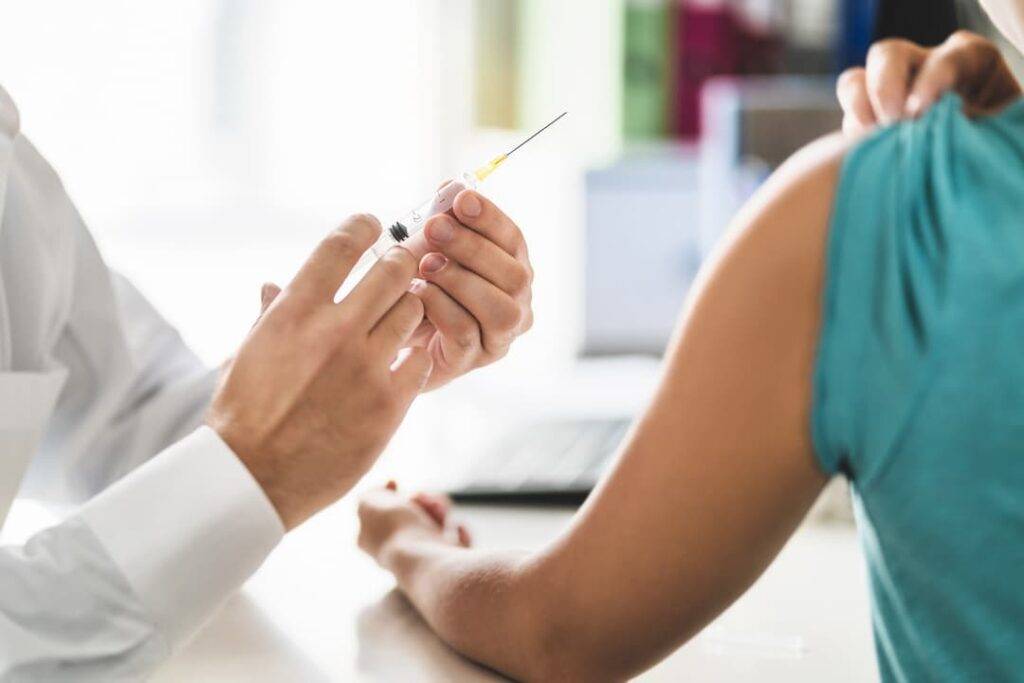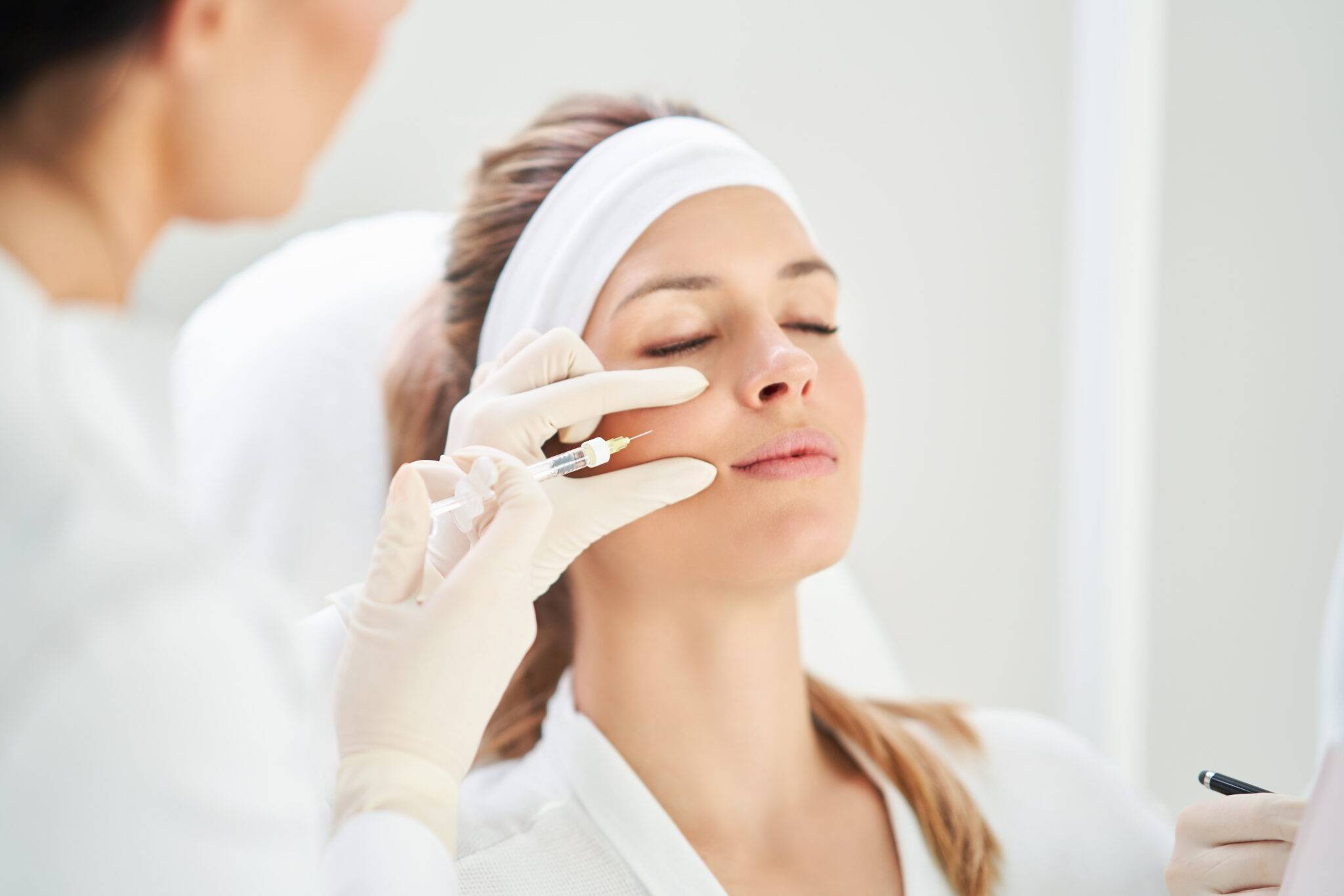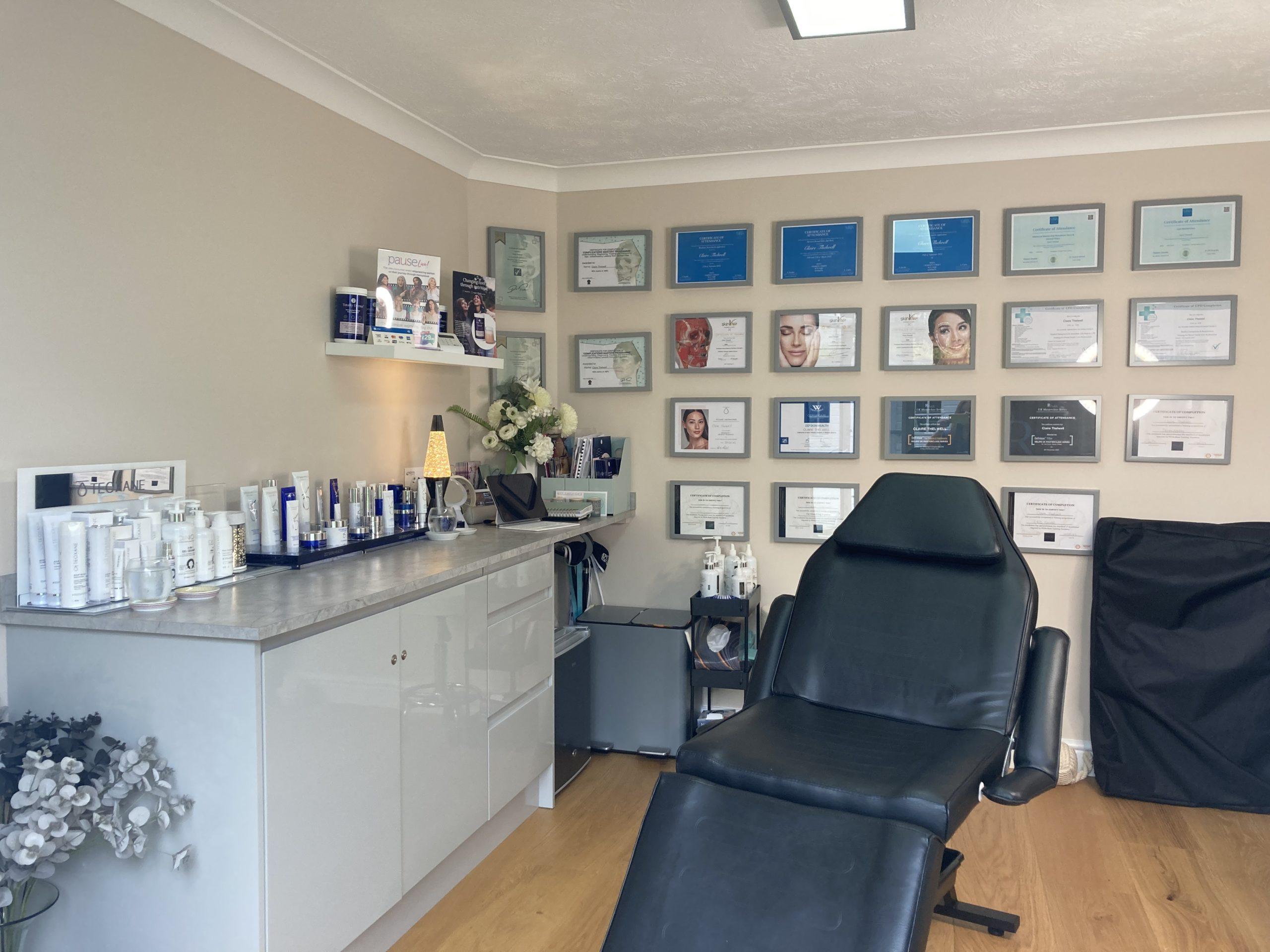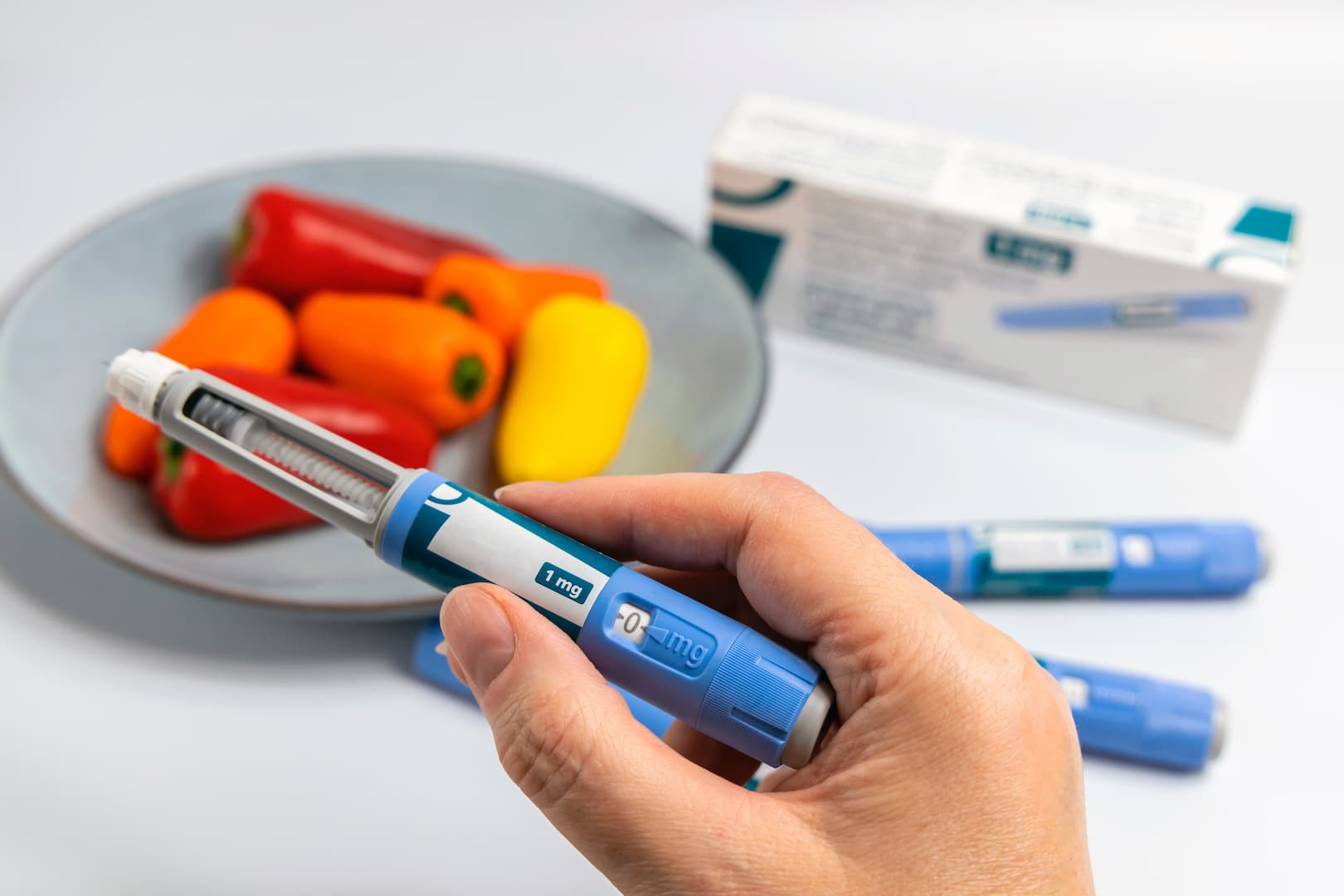In the ever-evolving world of aesthetics, polynucleotide treatments – the injections derived from salmon or trout DNA – are making waves for their transformative anti-aging benefits. While the concept may sound unconventional, these innovative treatments are rapidly gaining popularity among women seeking to rejuvenate their skin during the peri-menopausal and menopausal stages of life. So, let’s dive into the facts and debunk the myths surrounding this ground-breaking therapy.
What Are Polynucleotide Treatments?
Polynucleotide injections are a cutting-edge aesthetic treatment that harnesses the bio-revitalising power of purified DNA fragments extracted from salmon or trout sperm cells. These injectables then mimic human DNA, stimulating collagen and elastin production, increasing hydration, and promoting cellular regeneration – all of which contribute to an anti-aging result.
What Are The Results Of Polynucleotide Treatments?
Simply put, you can expect firmer, smoother, and more radiant looking skin, making this treatment perfect for addressing the visible signs of aging that often accompany menopause.
Key benefits include:
- Reduction of fine lines & wrinkles
- Enhanced skin elasticity & firmness
- Deep hydration for a youthful glow
- Improved skin texture & tone
- Reduction of dark under-eye circles

Why Polynucleotides Are Perfect For Menopausal Skin
Menopause brings hormonal changes that can lead to dryness, loss of elasticity, and dullness in the skin. Polynucleotides address these concerns by deeply hydrating the skin, boosting collagen production, and improving overall skin quality. Unlike traditional fillers that merely add volume, polynucleotides actively regenerate your skin from within, making them an ideal choice for women experiencing age-related changes.
Debunking Myths About Polynucleotide Treatments
Myth: It’s Pure Salmon Sperm On Your Face
Truth: Polynucleotide injections are made from purified DNA fragments derived from salmon or trout sperm cells not raw sperm. These fragments are sterilised and refined to deliver powerful regenerative properties without any “fishy” elements.
Myth: It’s Only For Celebrities
Truth: While beloved by stars like Jennifer Aniston, polynucleotide treatments are accessible to everyone. Costs typically range between £220 and £500 per session, comparable to other aesthetic treatments like dermal fillers.
Myth: It Smells Like Fish
Truth: There’s no fishy odour! The DNA extraction process ensures that polynucleotides are odourless and suitable for even the most sensitive noses.
Myth: It’s Painful
Truth: These treatments involve minimal discomfort. Like other injectables, a topical anaesthetic is often applied to ensure a comfortable experience.
Myth: It’s Only For The Face
Truth: Polynucleotides are versatile and can be used on areas like the neck, décolletage, hands, and even under-eye hollows for comprehensive rejuvenation.
Who Is This Treatment For?
Polynucleotide injections are suitable for most skin types but are particularly beneficial for peri-menopausal and menopausal women seeking to combat dryness, sagging, and wrinkles. However, they’re not recommended for individuals with fish allergies or those who prefer vegan treatments.
Pregnant or breastfeeding women should also avoid this procedure.

Why Choose CLT Natural Aesthetics For Polynucleotide Treatments In Bognor Regis?
At CLT Natural Aesthetics Clinic, we specialise in personalised treatments tailored to your unique needs. We ensure you receive safe, effective care with minimal downtime. Whether you’re looking to refresh tired under eyes or achieve an all-over glow, polynucleotide therapy could be your secret weapon against aging.
Ready to Rejuvenate Your Skin?
Polynucleotide treatments offer a natural-looking solution to aging by working with your body’s own regenerative processes. Say goodbye to dullness and hello to radiant, hydrated skin, because menopause doesn’t mean losing your glow! Book your consultation today at CLT Natural Aesthetics Clinic and discover how polynucleotides can transform your complexion naturally.




